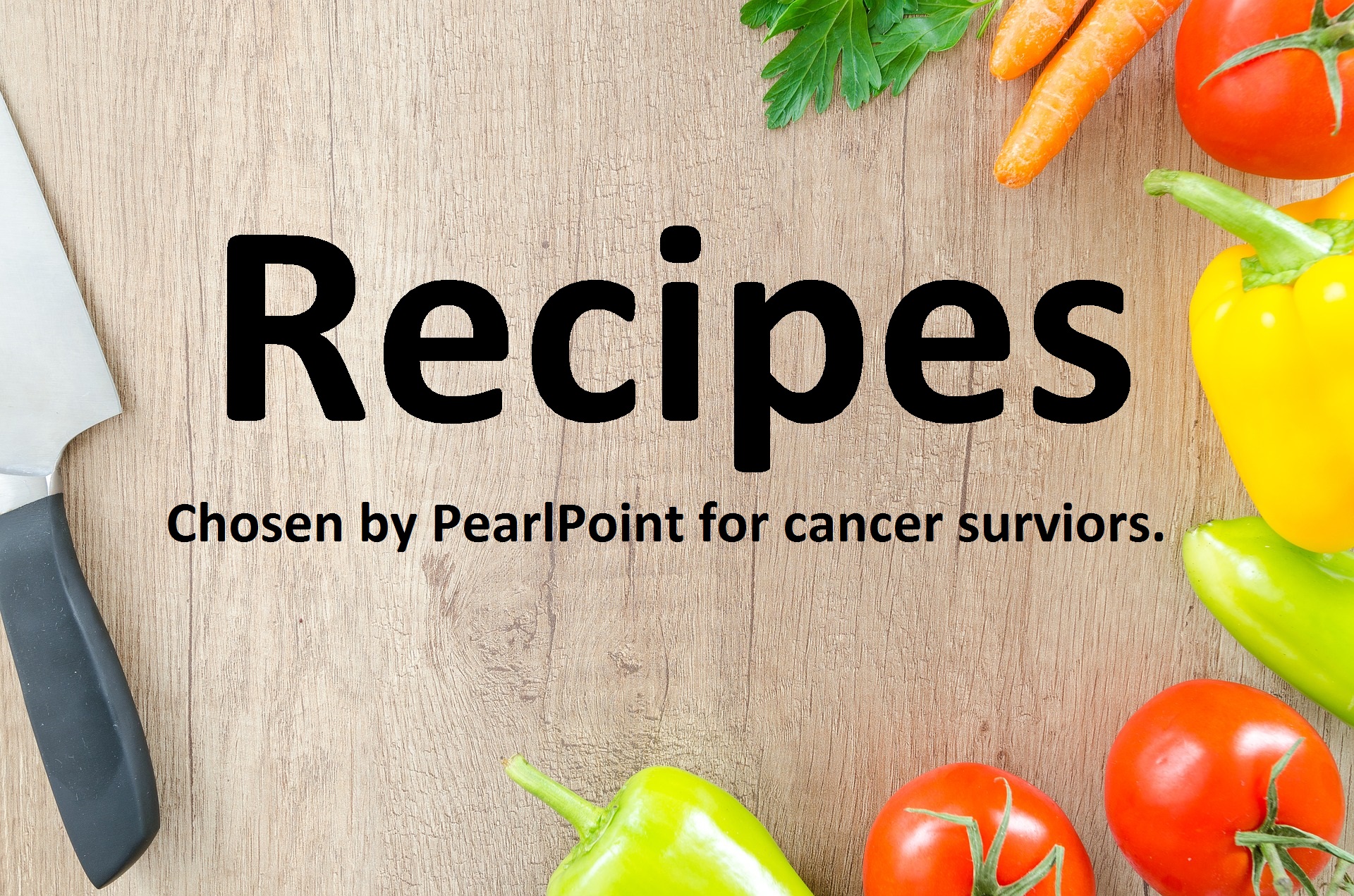How can I find a dietitian in my area for continued care?
Use the Academy of Nutrition and Dietetics Find an Expert locator to find registered dietitians based on your zip code or by expertise.
You can also ask your healthcare team or call your insurance provider for a referral.


